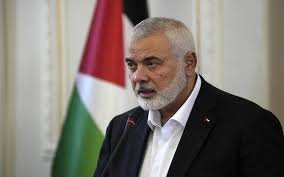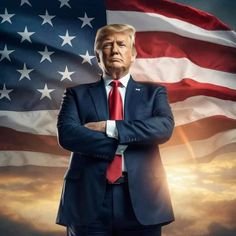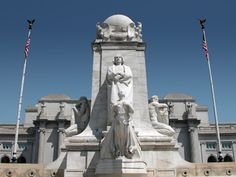
Columbus Federal Holiday, observed on the second Monday in October It has been an established date on the American calendar since late in the 19th century. But the celebration has been a source of controversy over the past few years, bringing up doubts about its importance and the stories that surround the holiday. In this essay we’ll look at the complexity that surround Columbus Day, including its origins, the reason for its controversy, the common practices that are associated with it, and the date it was first recognized as a holiday of the federal government.
A Short History of Columbus Federal Holiday
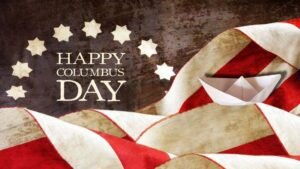
Columbus Federal Holiday remembers the appearance of Christopher Columbus in the Americas on the twelfth of October 1492. Whenever it first was commended was in 1792 at New York City to check the 300th commemoration of Columbus’ ventures to every part of The occasion was formally settled as a public occasion in 1937. It was designed to recognize the Italian heritage and contribution to American society. Columbus was frequently regarded as an emblem of Italian proudness during a period when significant immigration was taking place and there was the discrimination aimed at Italians.
Establishment as a Columbus Federal Holiday
Columbus Federal Holiday was officially declared an official holiday in the United States by the president Franklin D. Roosevelt in 1937. The decision to declare it a holiday on October 12 was important because it coincided with the date that Columbus arrived to the New World. The holiday was initially widespread in the Italian-American community and was viewed as an occasion to commemorate their identity as a culture. However, the consequences of celebrating Columbus’s landfall became apparent over the course of.
Why is Columbus Day Controversial?
The beyond quite a few years have seen Columbus Day has confronted huge fights and negative surveys due to different moral and verifiable issues. The following are a couple of the significant purposes for discussion over the occasion:
1. Influence on Native People groups
One of the essential drivers of the discussion is the impact of European colonization of Native people group. The arrival of Columbus was the start of a lengthy history of oppression, colonization as well as violence against Native populations. A lot of Indigenous groups see that celebrations of Columbus Day as an affront to their traditions and cultures in light of the pain and destruction caused by European colonists. The impacts of colonization prompted the obliteration of culture, land and even lives for various Native people group.
2. Deception of History
Columbus was generally depicted as a gallant wayfarer of the past who “found” America, yet this story is currently viewed as false. The idea of “revelation” recommends that the landmass was bone-dry and uninhabited. Be that as it may, really the land was home to various and energetic Native people group. A few pundits contend that the festival of Columbus sustains an Eurocentric origination of the past which disregards the truth of Native experience and difficulty.
3. Developing Mindfulness and Shift to Native People groups Day
Following developing mindfulness about Native perspectives and chronicles is growing, a couple of urban communities and states have decided to substitute Columbus Federal Holiday with Native People groups Day. This is a transition to endlessly recognize the commitment as well as the way of life of Native people group and recognize the misery and injury that dropped by the colonization interaction. The changes in the past have provoked discussion about the importance of historical narratives as well as the value of representation, as well as how the society decides to honor the past.
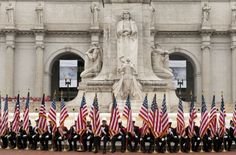
What Activities are Common on Columbus Federal Holiday?
However, despite the controversy Columbus Federal Holiday is still observed with various forms across America.US. The following are a couple of commonplace exercises that are connected with the occasion:
1. Marches and Celebrations
There are numerous urban communities that hold occasions and marches in festival of Columbus Federal Holiday, highlighting music moving, music, and other social shows. These festivals regularly commend the Italian American culture and custom, as well as the commitment made by Italian outsiders in American culture. Albeit a few motorcades actually observe Columbus yet others are adjusting to incorporate subjects from Native social customs, consequently establishing a comprehensive climate.
2. Instructive Projects
The people group and schools can arrange instructive occasions to investigate the foundation of Columbus and the impacts that colonization has had upon Native people group. These projects try to zero in on giving more comprehension of the authentic setting and to challenge the accounts that have been depicted about Columbus Federal Holiday. Educators much of the time utilize this program to urge understudies to take an interest with conversations on the morals of history, moral points of view as well as social mindfulness.
3. Outside Exercises
In specific areas, Columbus Day fills in as an informal image of pre-winter which urges many individuals to take part in outside exercises like going setting up camp, climbing, or simply getting a charge out of nature. Families frequently exploit this long end of the week to go on travels, or partake in exercises at the neighborhood level which permits them to invest burning through effort with their friends and family in the fall nature.
4. Reflection and Promotion
Assuming you decide to observe Native People groups Day, exercises can incorporate reflection and support. These could include attending celebrations, education workshops and community gatherings that focus in honoring Indigenous culture and the ongoing effects of the colonization process. A lot of advocates utilize this day to increase consciousness about Indigenous rights as well as issues that confront Native communities in the present.
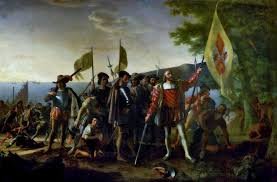
When Did Columbus Day Become a Columbus Federal Holiday?
Columbus Day was designated as one of the federal holidays in the United States in 1937. But, the celebration of Columbus Day as a public holiday began earlier in certain states. As an example, Colorado was the first state to recognize Columbus Day in 1906, then followed by a few other states.
It was in 1971 that Congress changed Columbus Day to the second day of October. It became an annual fixture on the calendar of federal holidays. This move coincided with a growing trend to create longer weekends for federal employees and was aimed at standardizing the celebration of holidays throughout the nation.
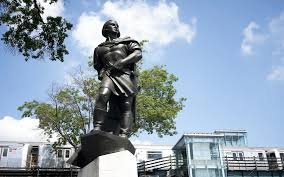
END
Columbus Federal Holiday, once a popular federal holiday that honored Christopher Columbus, has become the subject of debate and debate that is a reflection of larger shifts in society. A growing awareness of Indigenous communities’ rights and history has altered how people view this holiday. Albeit a few networks actually honor Columbus and the Italian-American practice Others demand a more comprehensive verifiable portrayal that recognizes the impact of the colonization cycle.
As the world changes and advances, so do our view of authentic occasions. To honor Columbus Day or notice Native People groups Day It is essential to take part in smart conversations on the past, appreciate the variety of points of view and to praise the assorted woven artwork of the different societies that contain America. At the point when we do this and preparing towards an additional inviting and lenient before long.


